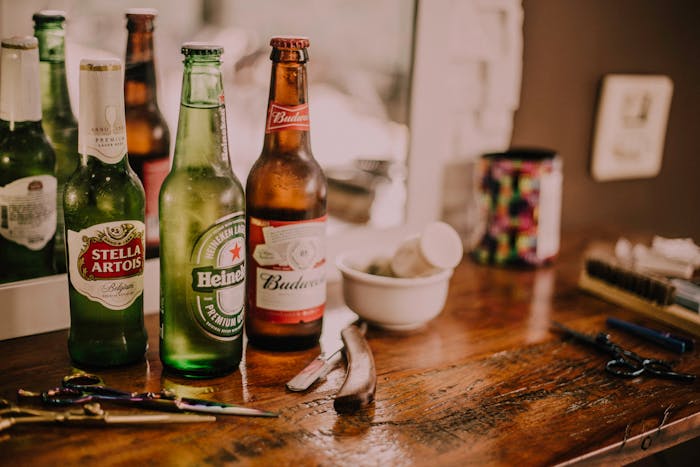Yesterday (16 April), the UK’s Supreme Court unanimously ruled that the legal definition of a woman is based on biological sex under equalities law, excluding transgender women.
Judge Lord Hodge defined this to the court: “The unanimous decision of this court is that the terms woman and sex in the Equality Act 2010 refer to a biological woman and biological sex.”
However, he also explained that the law (the Equality Act 2010) still gives trans people protection against discrimination.
This recent ruling may have implications for the trans and non-binary community in the UK, causing many to feel anxious.
In view of this, this article will discuss the effects of discrimination on trans people’s mental health, addiction links, and what you can do to help your mental health.

According to research from the Centre for Addiction and Mental Health (CAMH), trans people may experience a disproportionately higher rate of mental health illnesses, substance abuse disorders and suicide attempts. [1]
This is as a result of experiencing discrimination and marginalisation.
The recent Supreme Court ruling risks further discriminating against transgender women in society, and only increasing feelings of marginalisation.
By experiencing exclusion within society, your mental health is at risk, leading to mental health problems.

There are several things you can do to help your mental health as a trans person who may be feeling excluded.
Social media will be especially busy over the next few days with information and reactions to the Supreme Court ruling.
Try to avoid spending too much time reading this as it can be overwhelming. Instead, try to get outside more or spend time with supportive friends and family.
If you have a favourite hobby that you enjoy and keeps you distracted, now is a great chance to spend more time doing this activity. Whether it’s going to the cinema, exercising or ready, spending time on this rather than reading the news can be much healthier for your mental health.
Treating yourself while you may be feeling anxious or worried is a good way to make yourself feel better.
This could be buying your favourite chocolate bar or doing some retail therapy.
Connecting with transgender people and the transgender community, as opposed to just cisgender, or people within the wider LGBTQIA+ community can help to feel a sense of belonging. This means you can avoid certain feelings of isolation or exclusion.

Just as mental health risks can increase for trans people due to feeling discriminated against, the risk of substance use disorders is also higher.
According to research, the risk of alcohol consumption and abuse is especially greater. [2]
Trans people may be at a higher risk of drinking alcohol to escape negative emotions. This can result in alcohol dependency or an alcohol addiction. [3]

If you are struggling with an addiction, there are several ways to receive help.
This could be at an inpatient rehab facility near you, through outpatient treatment for less severe addictions, or attending a support group in your local area, for example Alcoholics Anonymous or Cocaine Anonymous.
At drug and alcohol rehab, you will go through a detox process if you are struggling with addictions such as alcohol addiction or cocaine addiction. This may include detox medications to help any withdrawal symptoms you might experience.
Following your detox, you will receive mental health treatment for any mental health issues you may have. This could be in the form of cognitive behavioural therapy (CBT) or dialectical behavioural therapy (DBT), or other therapy such as family therapy or music therapy.
You will also receive aftercare support for when you leave rehab in order to maintain your recovery.
Get in touch with Rehab 4 Addiction today at 0800 140 4690 for any further advice or support with any of the above topics.
We can help you through this challenging time, and support you in accesing any treatment in your local area.
[1] https://psychiatryonline.org/doi/10.1176/appi.ps.202100306